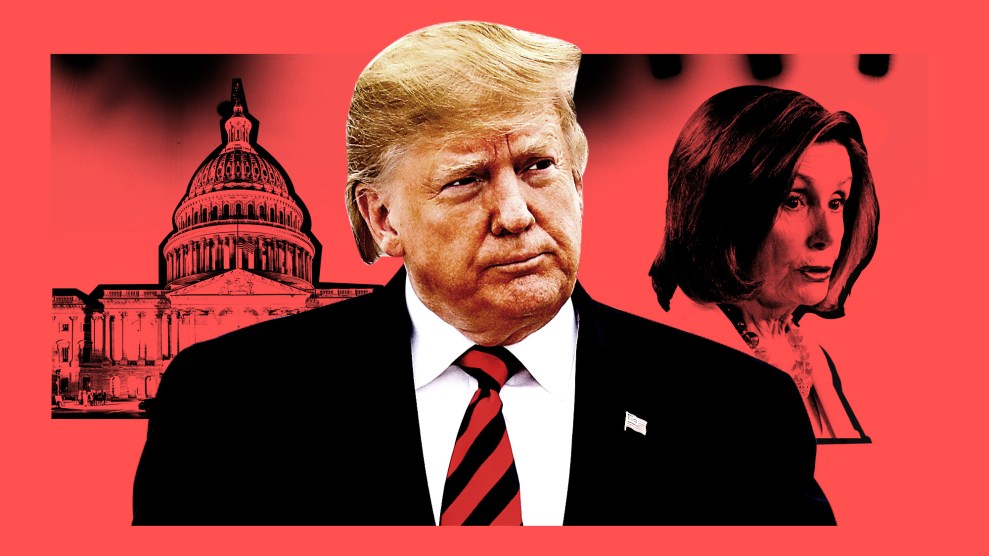
The trial will be an exercise in how the undecided sectors form political preferences.
The usual cynics are already coming out and saying that nothing is going to happen with Donald Trump’s impeachment, that the Republican majority in the Senate will not permit the president to be removed from office, and that will be the end of the story. That, however, is the most obvious and least interesting thing about the process that is taking place in the United States. The key analysis has to be from a political standpoint, not from the point of the legal proceedings; from the impact that the trial could have and the dynamics of its effect on U.S. public opinion.
That impact will determine if Republicans will incur an increased cost for supporting Trump. If the Democrats succeed in convincing U.S. moderates that Trump is guilty of the charges against him – obstruction of Congress and abuse of power – it is possible that certain less radical Republicans will move a little toward the center and give up defending the president.
That scenario is not very likely. It is known that Trump has worked hard to eliminate politicians from the ranks of the Republican Party who are critical of his administration Those who have tried to part ways with him have ended up losing elections and leaving Congress. Trump has remade the party in his image and likeness, energizing the most conservative factions and making life very difficult for those who do not show him unconditional loyalty. So however much the Democrats may succeed in raising the cost of demonstrating the president’s responsibility for his actions, I doubt that there will be dissent among the Republicans.
Rather, I believe that the real effect may be felt in the next election. During October of this year, the Pew Research Center made public the results of a poll in which 54% of U.S. respondents approved of the impeachment process against Trump initiated by the House of Representatives. This support could increase or it could fade away when the trial begins in the Senate. It will depend on a number of factors.
The Democrats will have to convince the public that the trial will be fair and that the president will be given all assurances of a fair trial. The Republicans, for their part, will try to show that politics are behind the trial, and that Trump has not committed any of the offenses he is charged with. That is, they will try to show that the Democrats are a bunch of sore losers and are diverting attention away from governing on important issues.
The trial will be an important exercise in the development of political preferences for the moderate and undecided sectors. Established factions will use the trial to confirm their natural support of Trumpism or anti-Trumpism, but those independents whose opinions are not based solely on their party affiliation but rather on other factors will see an opportunity to fine-tune their preferences with a view toward the next election.
But what do we know up to now about what will happen with public opinion in this scenario? Trump’s approval ratings remained stable from the first days of his presidency, but they fell to 40% in the middle of this year. The case of Bill Clinton’s impeachment demonstrates that the trial may not necessarily result in an erosion of such levels of popularity. In fact, in Clinton’s case, from the time the investigation began until the moment the House voted to impeach, his popularity grew to a 71% rate of approval.
Clearly, the accusations are substantially different today, the media supported Clinton, and Fox News was not the machine producing and consolidating political preferences that it is now. Many things have changed, and it is possible that the effect the trial has on the next election may change as well.

Leave a Reply
You must be logged in to post a comment.